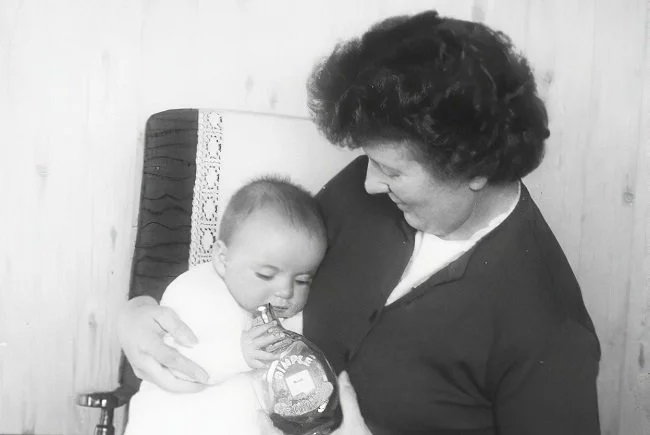Caring for the Elderly: Part 7
Since spring 2016, I have been running my parent’s domestic affairs. Due increasing ill health, neither can visit a bank, conduct business phone calls or deal with administrative paperwork such as utility bills, insurance policies and hospital appointments. However, there are limits on what I can and cannot do. Cheques and legal documents need signatures. UK data protection legislation often prohibits phone conversations with anyone other than the account holder. Hence despite being able to broadly deal with most things that come up, I sometimes have to involve my parents. This mean conversations on speaker phones which are difficult when both my parents have substantial hearing loss. So after some discussion with both of my parents, I have decided to pursue the power of attorney. At present this is specifically for my Father, as most bills and invoices are in his name.
The power of attorney is a legal document that allows you to make decisions for, or act on behalf of an individual who is no longer able to or wishes to manage their own affairs. Currently in the UK there are two different types of power of attorney.
Ordinary power of attorney: This covers decisions about financial affairs and is valid for those who have mental capacity. It is suitable for a temporary period such as a hospital stay, extended holiday or for those who may be convalescing at home and want someone to act on their behalf.
Lasting power of attorney (LPA): An LPA covers decisions about financial affairs, health and care. It is intended for those without mental capacity to run their own affairs, or individuals who no longer wish to make decisions for themselves due to ill health and or, lack of mobility. An LPA is appropriate for those looking after people with long term care needs.
In my family’s case, we decided upon an LPA in both my and my sister’s name. There were some straightforward forms to complete which needed to be witnessed by a family friend or someone who has known my Father for a while. There was a fee of £82 to pay the Office of the Public Guardian, which is a government department. The process take about 8 to 10 weeks to be administered and has several checks and balances to ensure there is no coercion or malfeasance. At the end the designated attorneys receive the appropriate paperwork that allows them to notify all concerned parties and start acting on behalf of those they represent.
This was a big step for out family. Caring is more than the sum of its parts and there is a need for diplomacy, especially when it comes to taking over responsibilities that previous belonged to others. My parents like most of their generation are fiercely independent and struggle with accepting a more passive role in their own lives. But we have reached a point now where I need to have as many tools available to me as possible to allow for me to adequately look after both my parents. There are monthly direct debits for unspecified services that need to be investigated. There are defunct insurance policies and warranties that need to be revised or dispensed with. There are bills that need to be paid monthly instead of quarterly or semi-annually. I also need to ensure that the various utility services are best deals and most preferential tariffs available. My parents are not hard up by current UK standards but they have a finite amount of money coming in each month and it needs to be administered prudently. Care costs for my Father increased by 25% this April and due to the ongoing decline in health with both of my parents, expenditure of this kind will inevitably increase.
Caring for the elderly often results in situations you never expected to find yourself in. Again I would advocate a proactive approach to all who find themselves in such a position. The power of attorney if implemented at a suitable juncture, allows you as a carer to address potential issues before they become a problem. It also affords comfort to those you are caring for as they know that everything is being addressed, bills are being paid and their family name remains in good standing with the businesses they deal with. It may sound old fashioned but paying the weekly paper bill really worries my parents. They hate to think that they owe someone money of have caused “inconvenience”. Therefore an LPA or your regional equivalent is something to be aware of and ready to utilise should the situation require it. Like so many things associated with care, it’s best to sort it in advance, rather than struggling to resolve a complex problem later on.


















